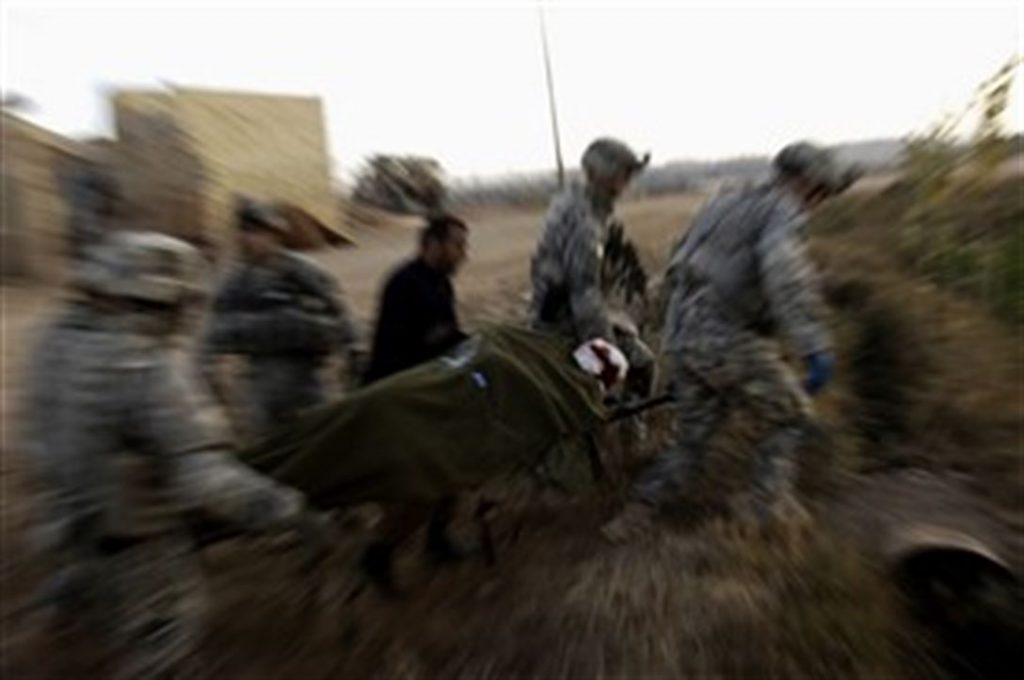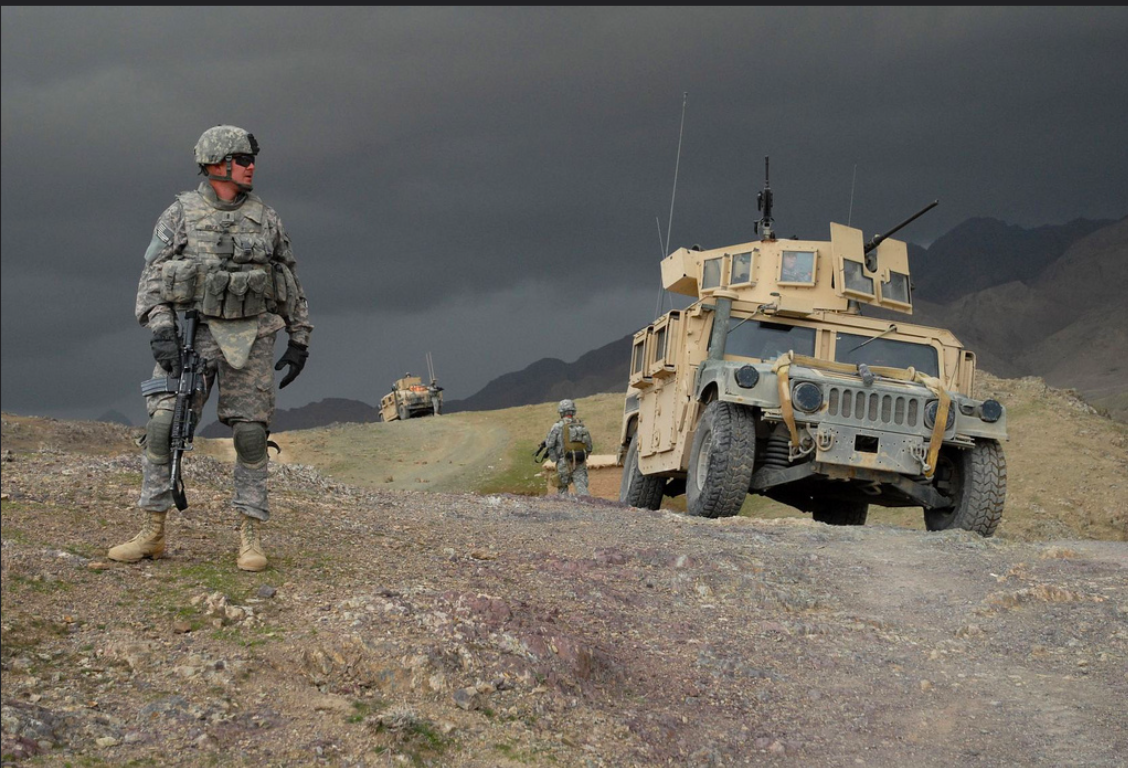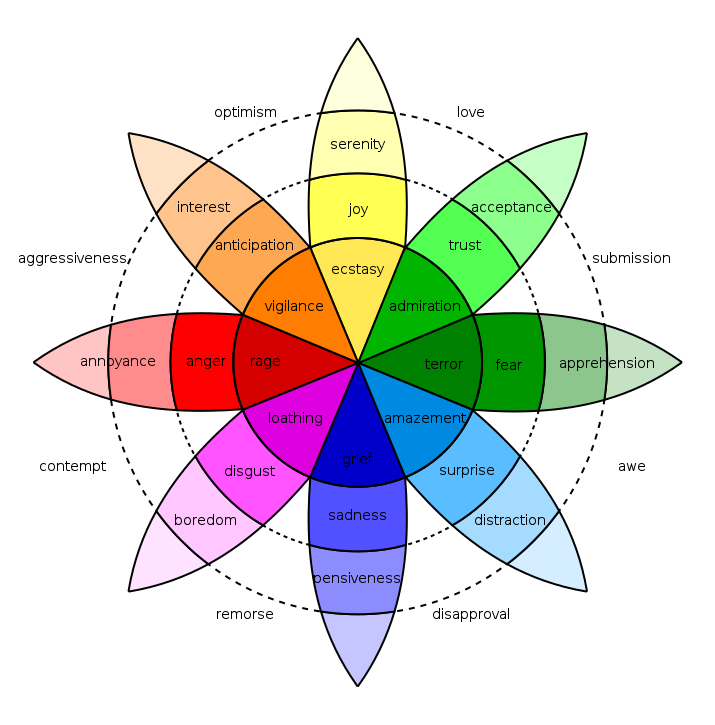
Out of suffering have emerged the strongest souls; the most massive characters are seared with scars – Khalil Gibran
I hear it often from the veterans I work with. “I don’t want to deal with it, because if I do, the pain will never stop.” Avoidance…of a topic, of a memory, of a story, of something that reminds us of trauma…is common when it comes to veteran mental health. It’s a key diagnostic aspect of PTSD. We avoid feeling pain because there is a fear that we will continue to suffering.
But is there a difference between pain and suffering? Does one inevitably lead to another?
Physical and Emotional Pain
Pain can be both emotional and physical. We all know that physical pain, especially service members and veterans. The pain of pushing your body beyond it’s known limits. Pain that comes from a twelve mile ruck march. The pain in the knees, back, shoulders, feet, neck, everywhere. The marginal “suck it up and drive on” pain and the excruciating “I’m not hurt, I’m injured” pain.
We’re also familiar with emotional pain. The stinging rebuke from a respected leader. The sharp agony of failure, the crushing blow of defeat. There’s also the deeper, longer pain; separation from family, an ended relationship, and certainly the loss of a brother or sister. These events cause pain that is as real as the physical.
Difference between Pain and Suffering
Suffering is pain, but it’s never ending. Enduring, long-lasting. Pain can come and go, but if it remains for an extended period of time, then it turns into suffering. Again, this can certainly be physical pain; a lingering injury, or the chronic pain that many veterans experience. Chronic pain is medically defined as any pain lasting longer than twelve weeks; three months. Again, many veterans have been there, “sucking it up and driving on” for longer than that, which often leads to more long-lasting damage.
Emotional suffering is similarly long-lasting. The pain of loss is common; to still feel the pain of that loss, at the same intensity and with the same reactions, three or six months later; that’s the point that it has turned into suffering. Often, we’re not suffering deliberately; we don’t even know we’re keeping the emotional pain alive with our perceptions of it.
Suffering Is Not Inevitable
When it comes to emotional suffering, we often have the ability to manage it. This isn’t the “suck it up and drive on” method of dealing with pain, but instead recognizing that our pain has turned into suffering. Acknowledging it. Doing something about it; talking it over with a trusted friend or mentor, or, if the suffering is significant enough, talk it over with a mental health professional. Hopefully we would do that when it comes to physical pain; again, not a typical response to the push-forward-at-all-costs mentality of our military selves, but if we felt physical pain at the level of some of our emotional pain, we would have been on the doctor’s doorstep a long time ago.
Avoiding Pain out of Fear of Suffering
So if pain is pain, and suffering is unending pain, why avoid it? No-brainer question, of course. Who would willingly submit themselves to pain, if we knew it led to suffering? That’s what we do, though. There is a painful memory or event in our past; an incident that changed us. Trauma. The memory of an event that still haunts us. Why would we even consider thinking about it…that would increase the pain, right? That would intensify it, prolong it, keep it going…cause us to suffer. Right?
The opposite is true, actually. I’ve seen it over and over again. The veteran thinks, “if I open that box, I’ll never get it shut. Do you think the nightmares are bad now? Wait until I start talking about it.” However, when we do start talking about it, understanding what happened, describing it to ourselves, then the pain actually goes away.
Relieving Suffering Through Pain
The thing is, even if we avoid dealing with the source of emotional suffering, we are often suffering. Avoiding the pain of remembering, thinking about it, talking about it, actually causes us to continue to suffer, not keeps us from suffering. It’s only through the pain…not avoiding the pain…that true relief from suffering occurs.
Suffering is about what we tell ourselves. “If I start talking about it, I’ll start crying, and I’ll never stop.” Really? Never? Forget the fact that veterans don’t cry. Male or female, it’s not something veterans often willingly allow ourselves to do. But to never stop? Physiologically impossible. If we tell ourselves these things, and believe them, then they’re going to be true…and we will be continuing our suffering.
Relieving Suffering Does Not Mean an End to Pain
So here’s the kicker. Just because we stop suffering doesn’t mean that we won’t feel pain. This is another fear that many veterans have; if I come to terms with the loss of my brother or sister, and stop suffering for it, then it means I don’t care about them. I HAVE to continue to suffer, or their deaths would be meaningless. Consider it from the other side; you obviously care about the person you lost. If they were alive and you were gone, would you want them to suffer endlessly? To be in excruciating emotional pain? Of course not. You would want them to honor your life with their best life well lived; and that’s what your buddy would have wanted for you.
No, dealing with the painful memories will not remove the pain entirely, but it will likely alleviate the suffering. The pain will not be long-lasting and constant. It will not be a daily burden, impacting all areas of your life. Instead, it will be a periodic pain, like your knee that twinges when a storm is coming. It will be manageable; it will remind us, occasionally, of the loss of a honored friend, but it won’t impede every moment of our lives.
And that’s a pain we can live with.
Want to keep up with all of the Head Space and Timing content? Subscribe Here

The Head Space and Timing Blog is supported by the Colorado Veterans Health and Wellness Agency, a 501(c)3 Nonprofit in Colorado Springs, Colorado. The goal of the CVHWA is to provide military culturally competent mental health counseling to veterans and their spouses, regardless of characterization of discharge, time of service, or era of service. Our vision is to assist veterans to identify and remove barriers to their mental, physical, emotional, and behavioral wellness. For questions or inquiries, contact us!


